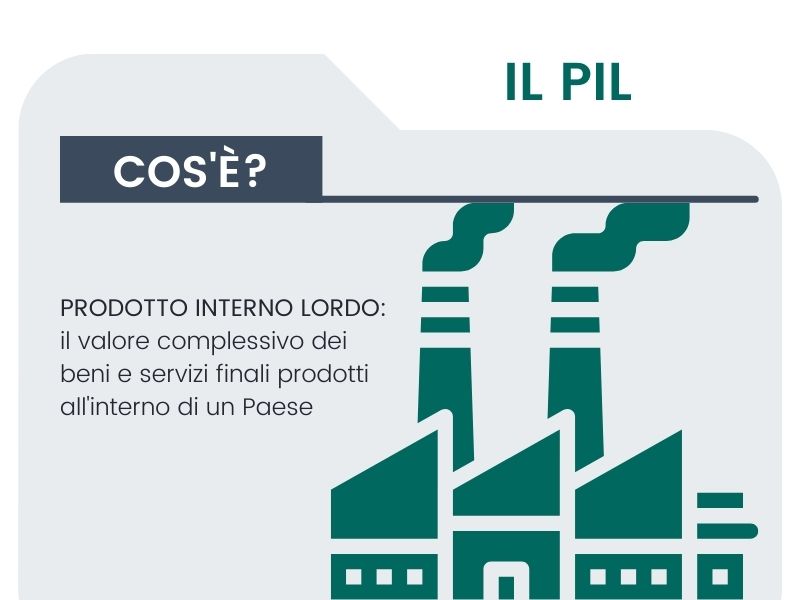A Giant of Journalism Gets Half its Budget From the U.S. Government
Drew Sullivan is unknown to the broad public, but the head of the Organized Crime and Corruption Reporting Project is one of the most influential journalists in the world.

The story we’re publishing today is the product of a months-long investigation by a consortium of independent news organizations in Europe who partnered with Drop Site News here in the United States. It’s a look at the largest and most powerful news organization you’ve probably never heard of, called OCCRP—the Organized Crime and Corruption Reporting Project. OCCRP works with dozens of major newspapers to collaboratively publish the kinds of scoops you’re well aware of, such as the Panama Papers or the Pandora Papers. What we can reveal today is that the single largest funder of OCCRP is the U.S. State Department. That and much more is in our story below.
The story is a combined project of the independent French powerhouse investigative outlet Mediapart, the storied Italian outlet Il Fatto Quotidiano, Drop Site, and Reporters United in Greece. It was launched by the German public broadcaster NDR, which has collaborated with OCCRP in the past and, under pressure from the organization, has not published its own version of the investigation.
The news outlets involved in this project, including Drop Site, have been on the unpleasant end of increasingly aggressive legal threats from Drew Sullivan, co-founder and head of OCCRP. We suspect that after he reads the story itself, he’ll conclude that it is fair, accurate, and judicious, and that there is no merit in such a lawsuit. If he decides otherwise, we will keep you apprised (and plead for money to fund the legal defense, of course). While we strived to be as fair as possible, and have posted most of Sullivan’s responses, what we’re not going to do, of course, is back down to threats, even ones backed with the resources of the federal government.
It’s the strength and commitment of our audience that gives us the confidence to publish in the face of these threats. If you haven’t yet become a paid subscriber, please consider doing that today.
And as you think of your end-of-year charitable giving, don’t forget that contributions to Drop Site are tax deductible—though with the incoming administration, who knows how long that’ll be the case.
We’re no strangers to legal threats—much of what we do angers powerful people with tools at their disposal to hit back—but these threats have been among the most dumbfounding. As you’ll see in the article, it is based on publicly available documents and on-the-record interviews, including with Sullivan himself, who confirmed the thrust of our findings.
Perhaps ironically, OCCRP helps fund Reporters Shield, a State Department-backed program aimed at defending investigative journalists against lawsuits meant to silence reporting. “Reporters Shield is an innovative solution to the increasing burden of bogus lawsuits against investigative journalism,” the program boasts. (Drop Site considered joining Reporters Shield, which seeks to address a genuinely threatening phenomenon, before learning of its government connections.)
Some of the quotes in this article are from transcriptions of on-camera interviews and conversations made between June and September 2023 by NDR journalists John Goetz and Armin Ghassim, and replies to questions sent to NDR by the OCCRP’s board of directors in September 2024. Ghassim later joined us as a fellow at Drop Site News.
USAID and Transparency International sent written replies to our questions. The US Department of State, the Open Society Foundation and Camille Eiss did not respond to questions sent to them.
Before the publication of our articles, Sullivan accused us of using methods he described as “malicious and unprofessional.”
He also attempted to denigrate two journalists who took part in this investigation. He firstly targeted NDR reporter John Goetz, describing him as a possible “Russian asset.” He then launched serious accusations against Romanian freelance journalist Stefan Candea, a co-writer of this investigation, notably because he works part-time as a coordinator for the media network European Investigative Collaborations (EIC), which may be considered to be a rival of the OCCRP.
The EIC did not take part in this investigation. Mediapart and Reporters United are members of the EIC, and the other co-writer of this report, Yann Philippin, sits on the EIC board. Yet those connections with the EIC do not represent a conflict of interest given that most media report on other media, and therefore their competitors.
Sullivan also accuses Stefan Candea of leading a personal vendetta against the OCCRP. “Stefan Candea, who appears to have played a critical role in the development of your article, has had personal conflicts with OCCRP and business relationships with one of the OCCRP founders. The journalists among us would have precluded the participation of someone with such obvious conflict,” said the OCCRP board of directors in a written statement to us.
We firmly reject these allegations which constitute an attempt to divert attention from the facts by trying to discredit some of the journalists who discovered them.
Drama aside, the story stands by itself.
—Ryan Grim
Disappearance of local newspap
Local newspapers are quickly going extinct in the United States. In 2022, two local newspapers closed down each week, according to the Northwestern University School of Journalism (Illinois). In 2023, the average rose to 2.5 weekly closures, according to the annual report published in November by the university. More than 130 newspapers have closed or merged, a phenomenon many experts believe is linked to the current wounds in American democracy: misinformation, corruption and polarization.
ers is weighing on US democracy
One in five Americans lives in an area lacking in news coverage. As the November 2024 presidential election approaches, initiatives are springing up to reverse the trend.
You can share an article by clicking on the share icons at the top right of it.
The total or partial reproduction of an article, without the prior written authorization of Le Monde, is strictly forbidden.
For more information, see our Terms and Conditions.
For all authorization requests, contact syndication@lemonde.fr.
In less than 20 years, a quarter of America’s newspapers have gone out of business. More than 200 of the country’s 3,143 counties are now considered “news deserts:” they no longer have a single local paper. In more than 1,500 others, there is only one regional news source, usually a weekly publication. One in five Americans lives in one of these news deserts.
“The loss of these outlets puts communities in a downward spiral of misinformation, division and polarization,” said Steven Waldman, founder of Rebuild Local News, a coalition of some 3,000 news organizations and associations whose aim is to restore local media. “When you consume news that is very partisan or national in nature is that you tend to think of your opponents as your enemies, whereas, when you have local news, you still have disagreements, but you might actually see that person at the little league game or at the supermarket the next day, and you know they’re a human





